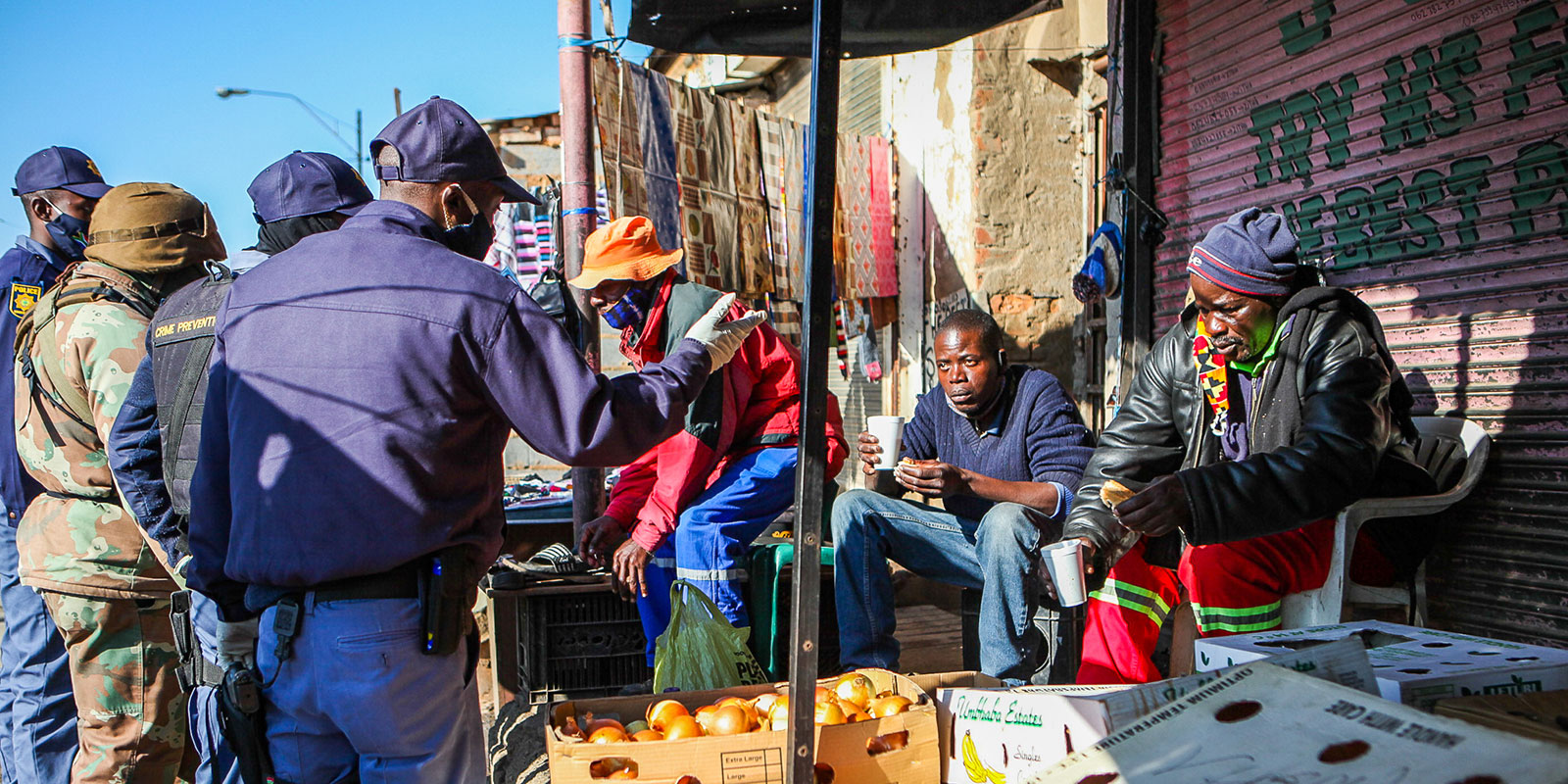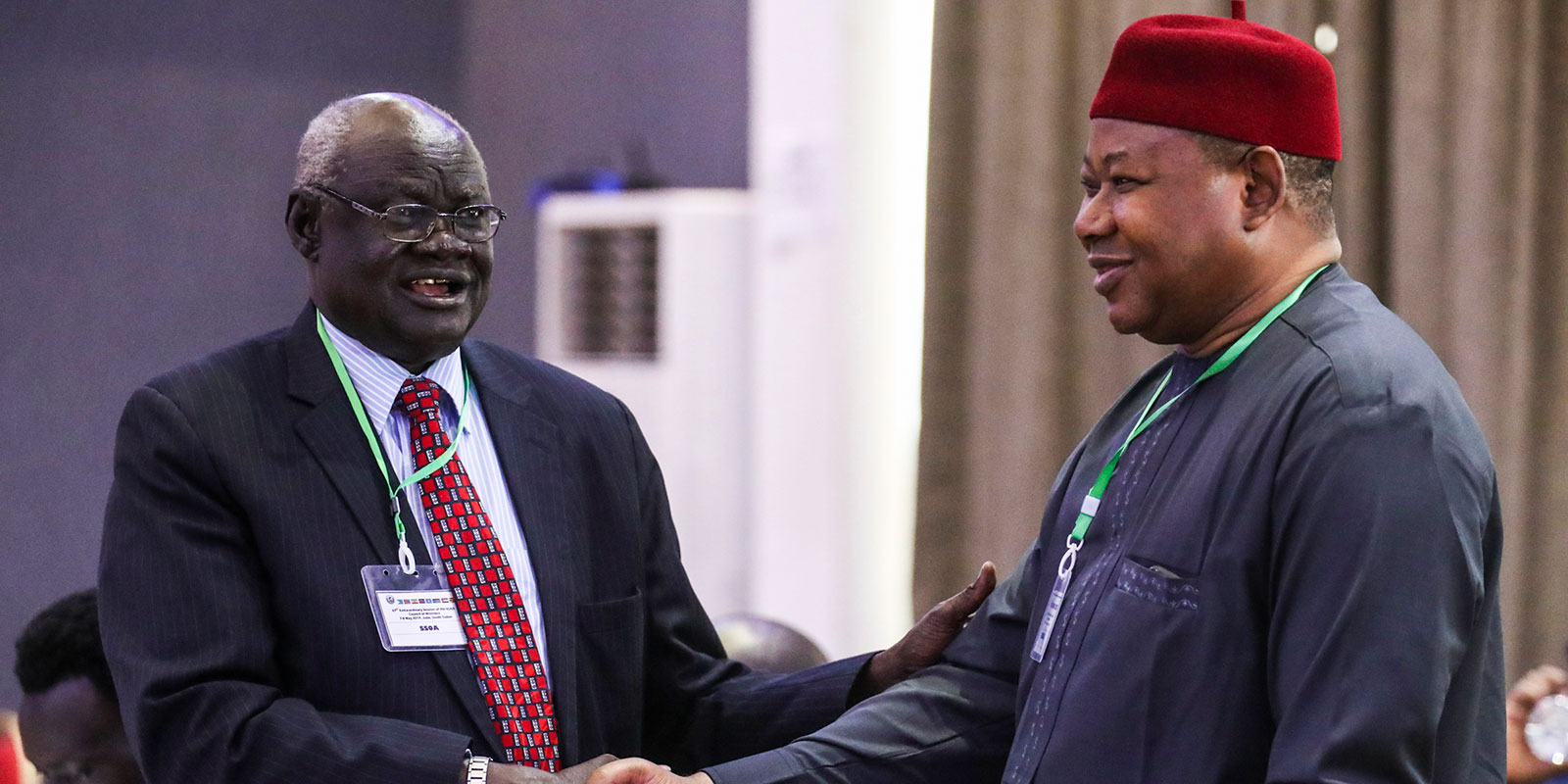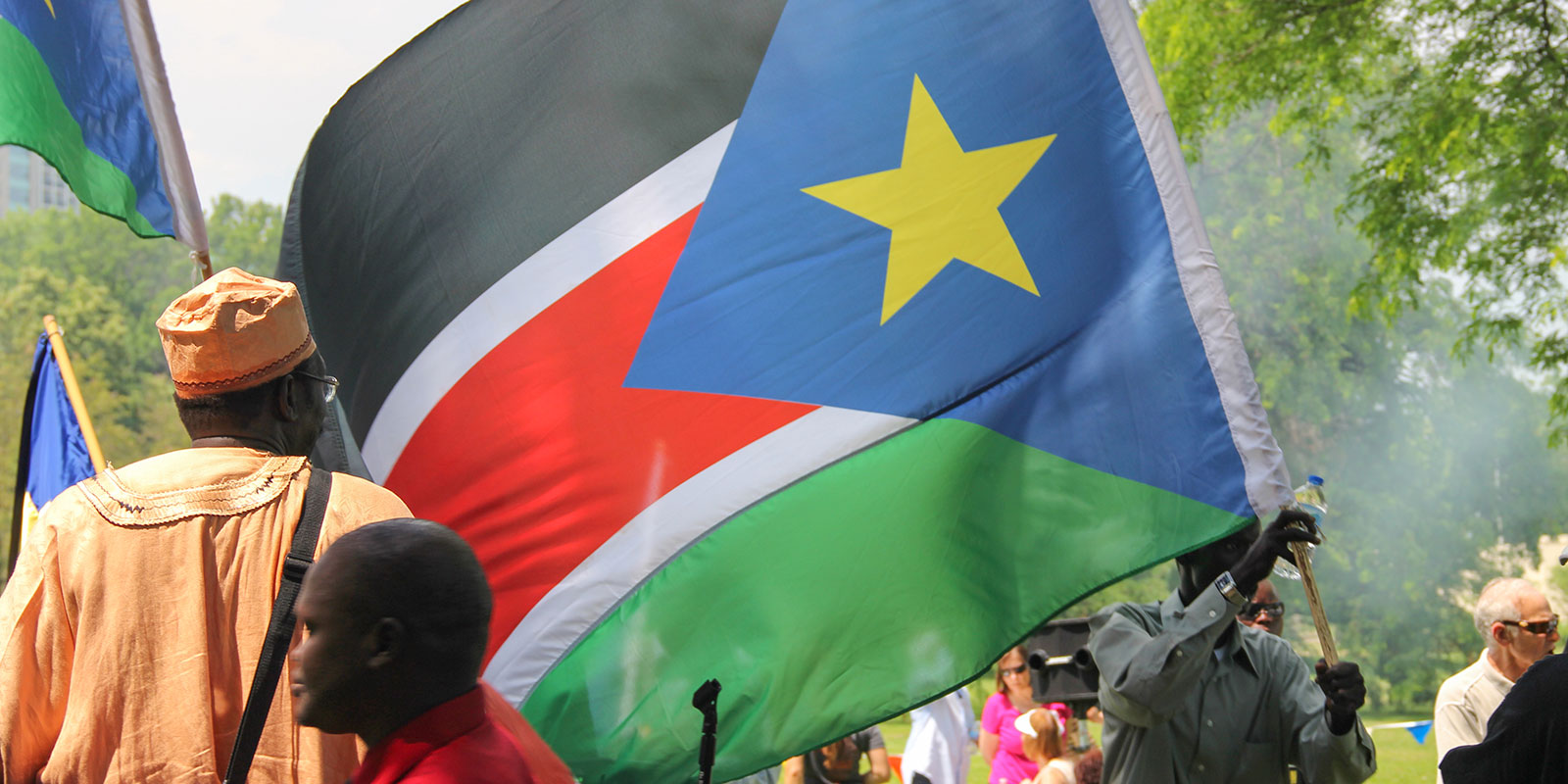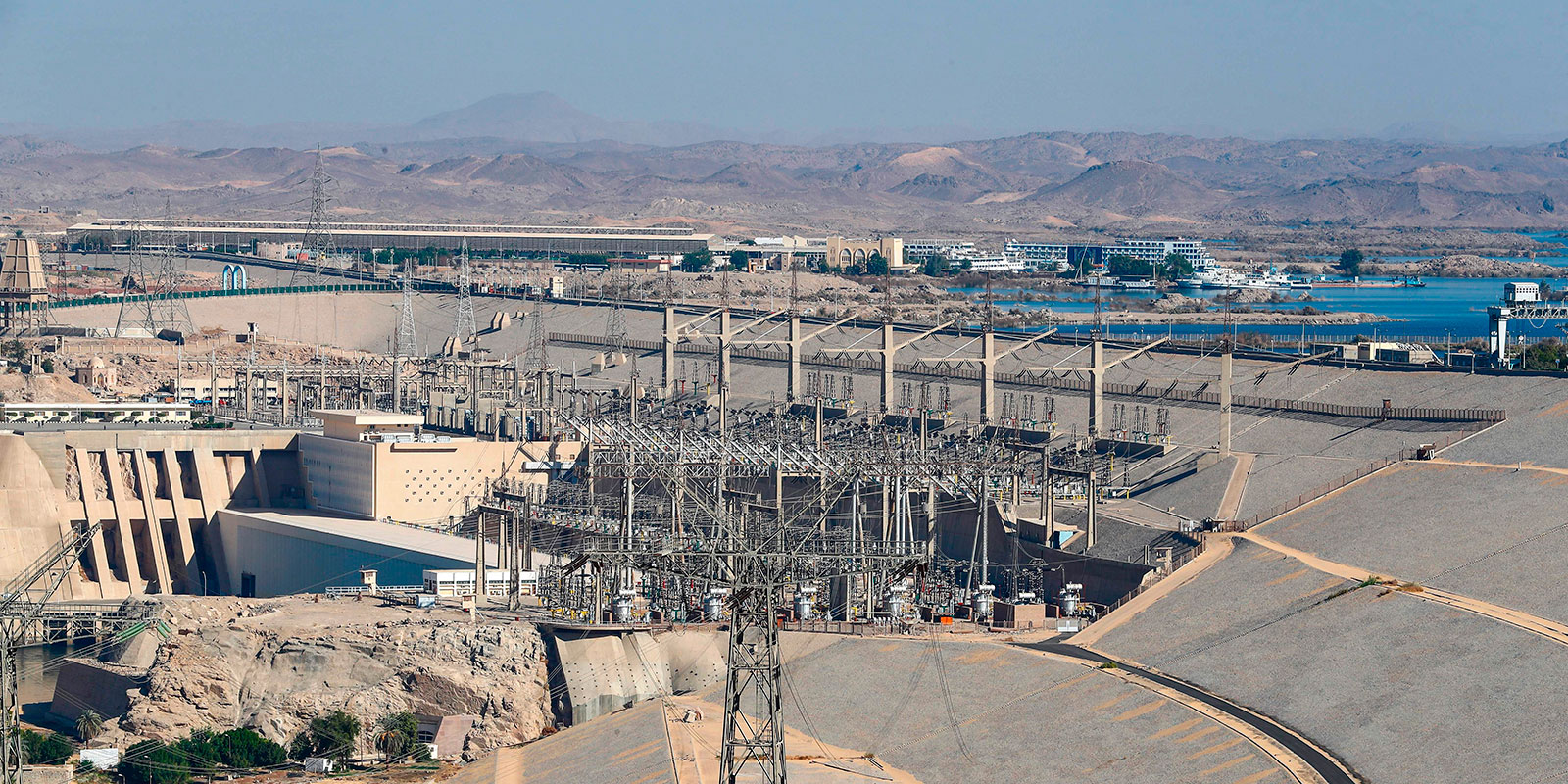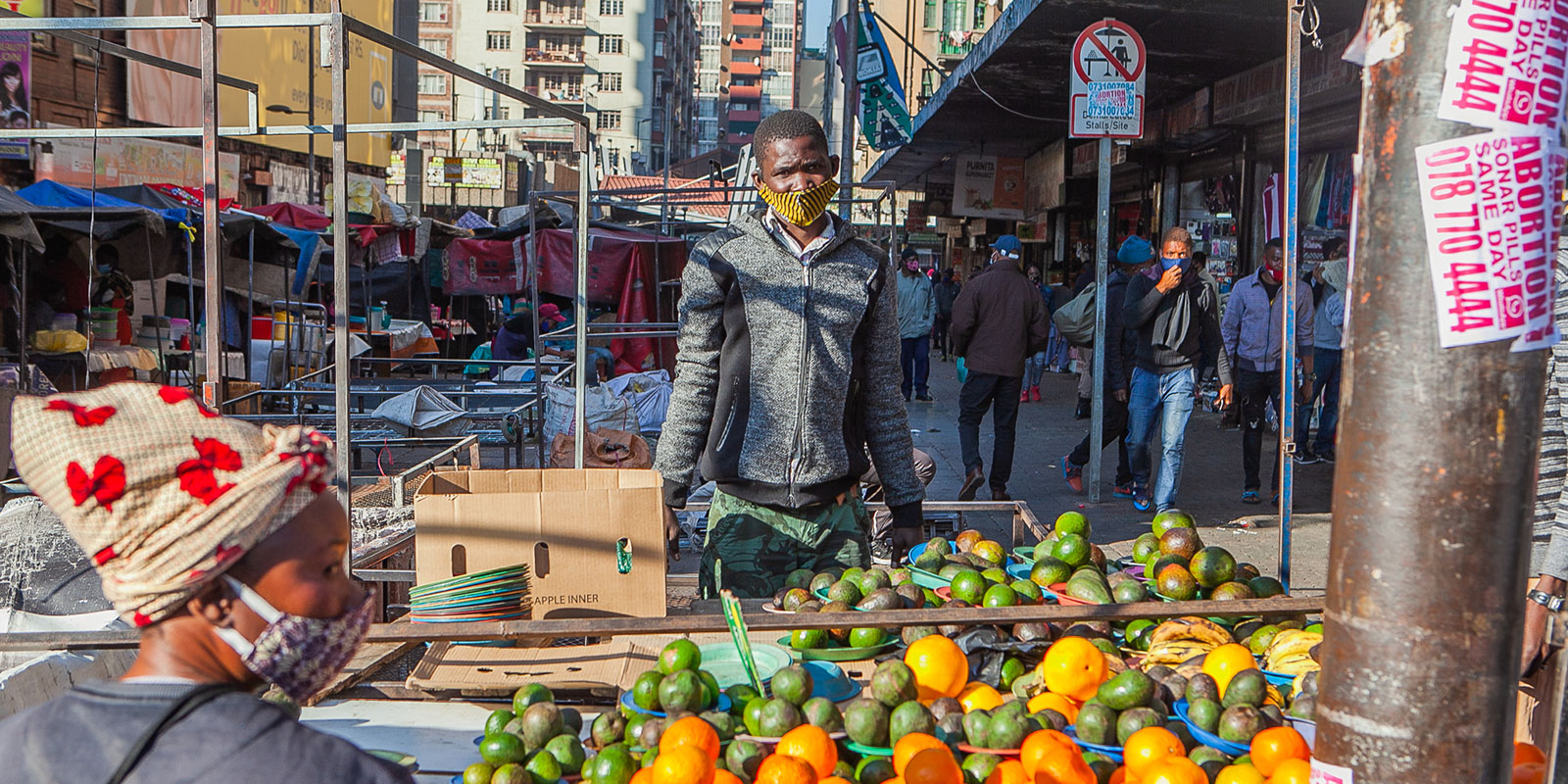The 9th July 2021 will mark the 10th Anniversary of South Sudan’s independence. In commemoration of this milestone, the Monitor will feature a number of contributions taking stock of South Sudan’s peace process in this edition, as well as in next week’s edition. This week we feature Dr Aleu Garang, the Head of the IGAD Mission to the Republic of South Sudan, who reflects on the role of IGAD in helping to build peace in the country alongside local peace actors including youth and women groups.
Staying in South Sudan, James Okuk provides an analysis of the missed opportunities for peace since the independence of South Sudan. In particular, he looks at the implementation of the 2018 Revitalized Agreement on the Resolution of the Conflict in the Republic of South Sudan (R-ARCSS) and how this shapes the commemoration of the 10-year anniversary of independence.
We then turn to the Grand Ethiopian Renaissance Dam (GERD), where Ethiopian scholars, Professors Mohamed Seid Ali and Beyene Admassu share their perspectives on Ethiopia’s interests and approaches to the GERD issue. We will feature perspectives from Egypt, Sudan and others in future issues, with the aim of informing the debate over this sensitive issue.
Finally, Sam Mokhaloane compares the impact of COVID-19 responses of the Ugandan and South African governments, with a special focus on the informal sectors of the two countries’ respective economies.

